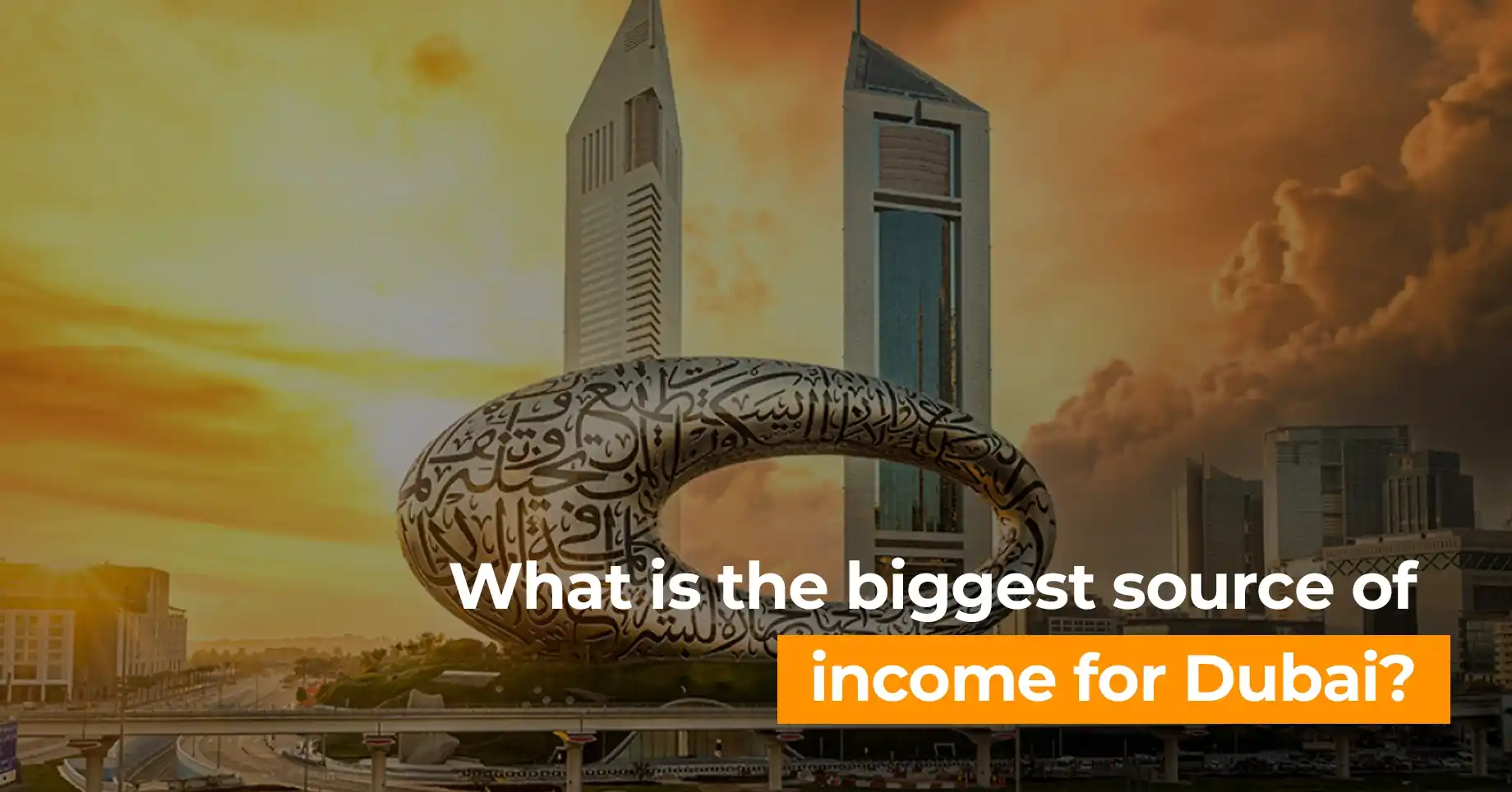Dubai has developed into a global hub for tourism, real estate, trade, transportation, and finance. Its economic growth and diversification has been fueled by foreign investment and strategic planning by the government.
Booming sectors driving economic growth
Several key sectors serve as the main drivers of Dubai's economy:
Oil and gas
- Dubai's largest single source of income is oil and gas exports.
- According to official statistics, the emirate produces 50,000 to 70,000 barrels per day.
- While small compared to other oil rich nations, the oil and gas sector accounts for approximately 30% of Dubai's GDP.
Tourism
- Tourism makes up roughly 16% of Dubai's GDP.
- Dubai welcomed over 16 million visitors in 2019.
- Tourism is a major focus of government diversification policies. Significant funds have been invested in hotels, attractions, airports, and other tourism infrastructure.
Real estate
- The real estate and construction sectors comprise nearly 13% of GDP combined.
- Huge development projects like the Palm Islands, Burj Khalifa, Dubai Marina, and many other mixed-use complexes have fueled growth.
Trade and logistics
- Its central geography makes Dubai a hub for global trade connecting east and west.
- Major transport infrastructure like the Port of Jebel Ali and Al Maktoum International Airport have propelled the emirate into the world’s 8th most traded city.
Financial services
- Dubai International Financial Centre and Dubai Multi Commodities Centre have helped establish the emirate as the financial services capital of the Middle East.
Government economic planning
-
Dubai's economic ascent has been facilitated by careful planning by government agencies.
- Forward thinking initiatives like Dubai Plan 2021, government incentives, and the expatriate friendly environment have driven foreign investment and business registration in Dubai.
Dubai's economic progress has certainly been impressive but it does face challenges sustaining growth amidst low oil prices and regional instability. Diversification into new high value sectors could be a path towards continued prosperity.
Key Takeaway
Dubai's largest single source of income is oil and gas exports, followed by tourism, real estate, trade and logistics, and financial services. Strategic economic planning by government entities has been crucial for elevating Dubai into a globally competitive hub for business and leisure. Sustained future economic progress relies on further diversification.
Conclusion
Dubai has succeeded in transforming its economy from dependence on oil and gas into a diverse base spanning tourism, real estate, trade, transportation, and finance. While the hydrocarbon industry remains an important component, strategic government planning and projects have facilitated rapid growth in new sectors. Continued economic progress requires Dubai to keep diversifying, innovating and planning for the future.
Frequently Asked Questions
Q: What percentage of Dubai's GDP is from oil and gas?
A: Around 30% of Dubai's GDP comes from the oil and gas sectors as of 2022 government statistics.
Q: How has tourism impacted Dubai's development?
A: Tourism has played a major role, contributing 16% of GDP. Massive investment in tourism infrastructure has helped establish Dubai as global travel hub.
Q: Why has Dubai become such a trade and transport hub?
A: Its strategic geographic location combined with world-class transport infrastructure like airports and Port Rashid make it a natural logistics and trading center connecting East and West.
Q: What industries are most strategic for Dubai's future economic growth?
A: Continued growth in tourism is crucial. Developing banking, financial services through DIFC and DMCC also hold potential. Overall, diversifying the economy across sectors is key.
Q: What major economic challenges does Dubai currently face?
A: Low oil prices reduce hydrocarbon revenues. Regional conflict and instability can hamper tourism and investment. Economic overexposure to real estate is also a risk long-term.
Q: How important is the real estate sector for Dubai?
A: Real estate along with construction accounts for nearly 13% of GDP. Mega projects have driven growth but dependence may pose challenges.
Q: What has the impact of Covid-19 been on Dubai's economy?
A: Lockdowns, travel decline severely impacted tourism, retail, hospitality sectors. Recovery has been robust but the economic effects persist.
Q: Has foreign investment played a role in Dubai’s rise?
A: Massive FDI inflows have been vital, funding huge projects and sectors like trade and financial services. Expat friendly policies have spurred investment.
Q: What is Dubai Plan 2021 and how has it impacted growth?
A: A government strategic plan to transform Dubai into global hub for business, tourism, and more by establishing infrastructure and enterprise growth policies.
Q: What major government entities lead Dubai's economic planning?
A: Dubai Department of Economic Development, Dubai FDI, and Executive Council for Economic Affairs spearhead initiatives attracting foreign investment among other policies.
Q: How competitive is Dubai as a global financial services center?
A: Dubai ranked 8th in the Global Financial Centres Index 2021 so it is viewed as a rapidly rising player, especially in the Middle East/Asia region.
Q: Are any new sectors being targeted for the continued economic expansion of Dubai?
A: Technology, renewable energy, health services and pharmaceuticals have been identified as new high-value sectors with room for accelerated diversified growth.
Q: Does Dubai struggle with wealth inequality amidst the impressive development?
A: Yes, there are issues with inequality and treatment of migrant labor. However, the UAE has made reforms and continues working to address global criticism.
Q: What is Dubai’s current credit rating and economic health outlook?
A: Its largest bank (Emirates NBD) maintains an A3 credit rating from Moody’s indicating economic and financial stability despite post-pandemic uncertainty.
